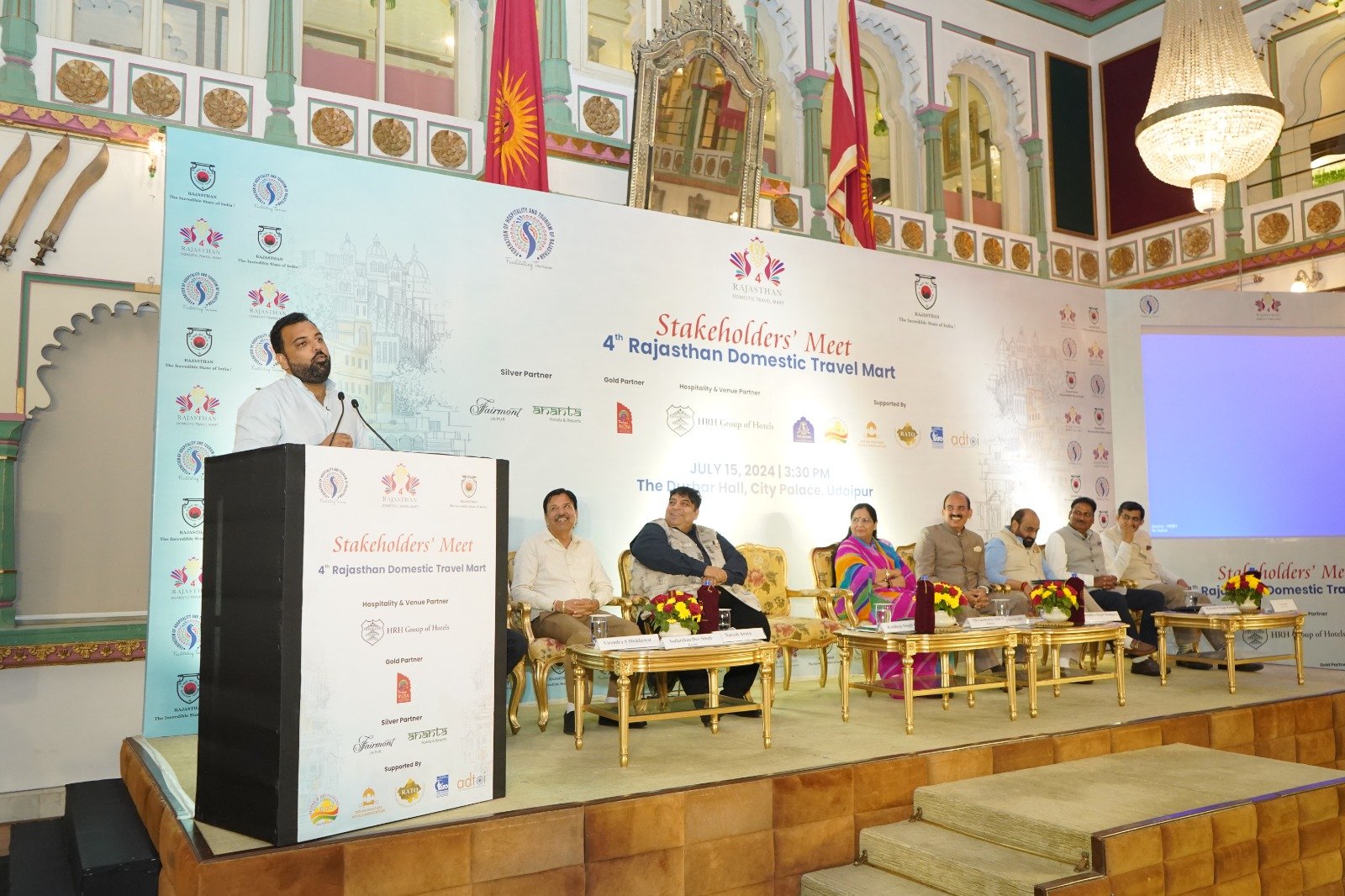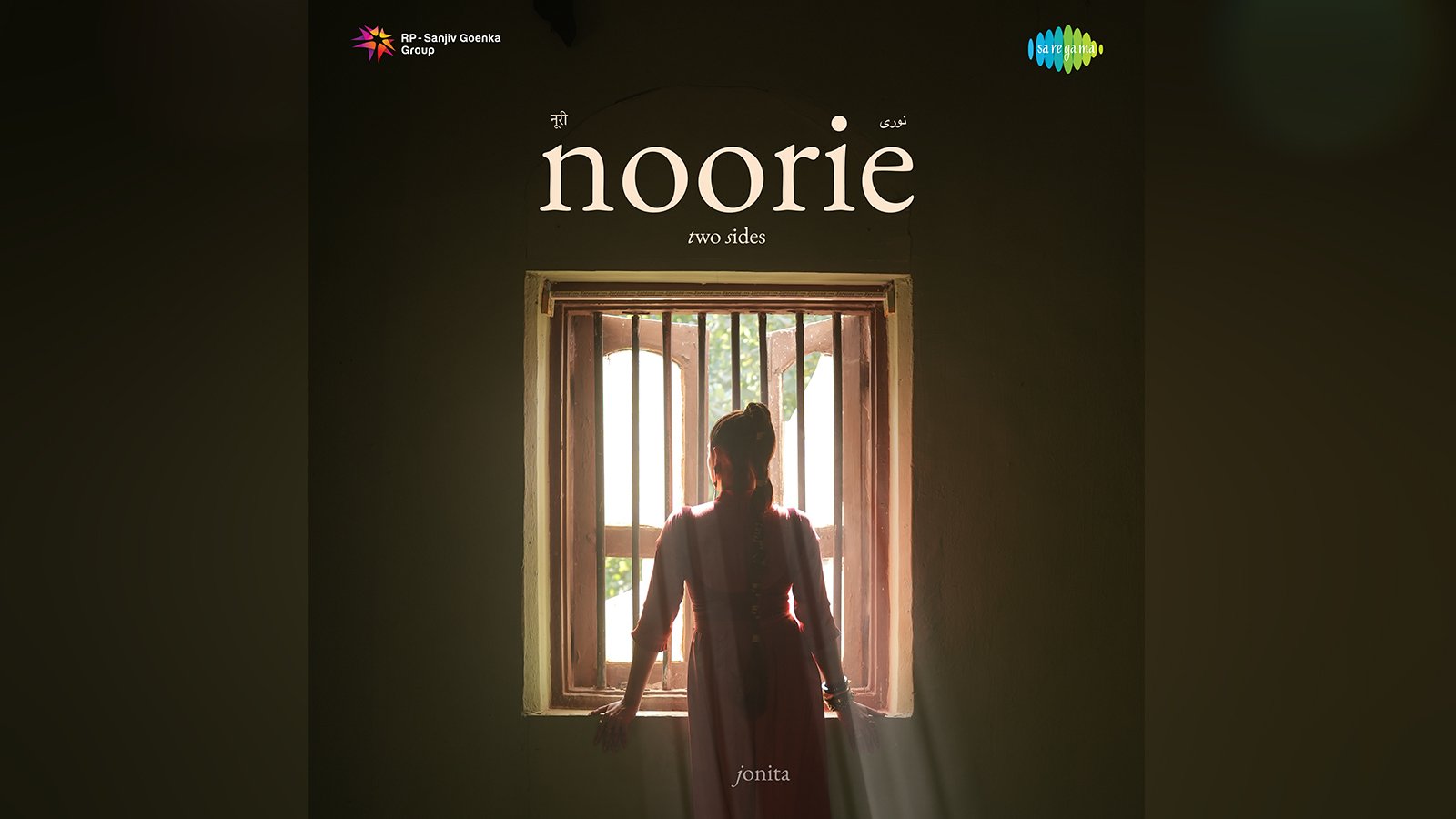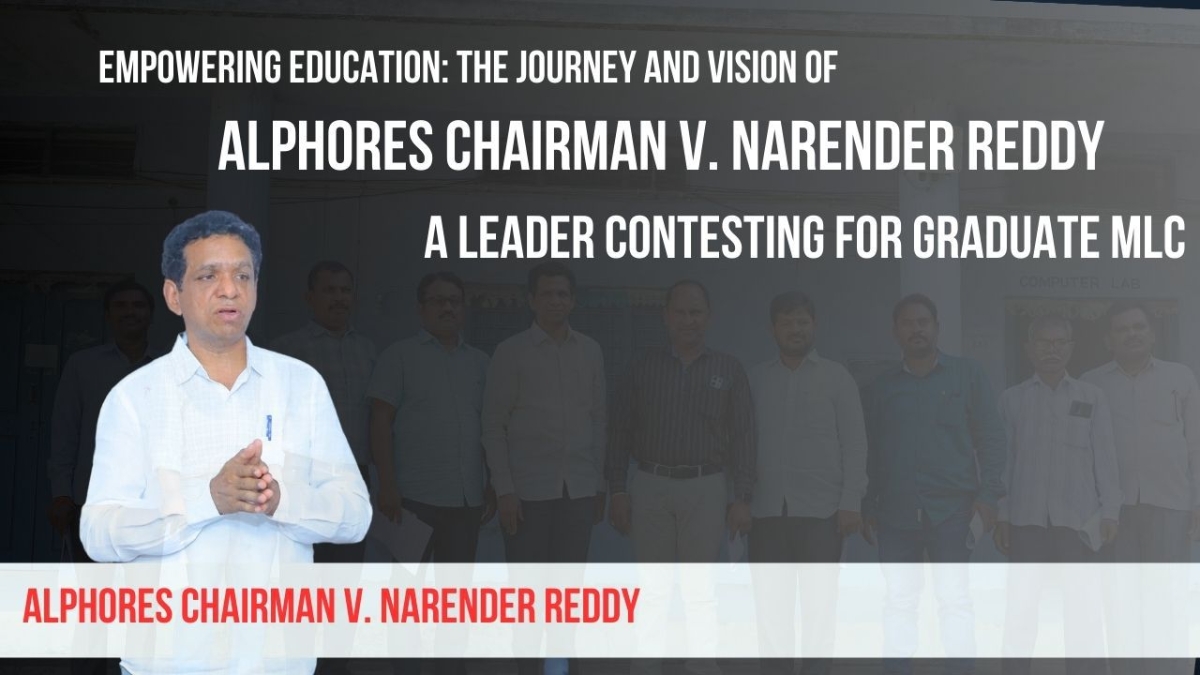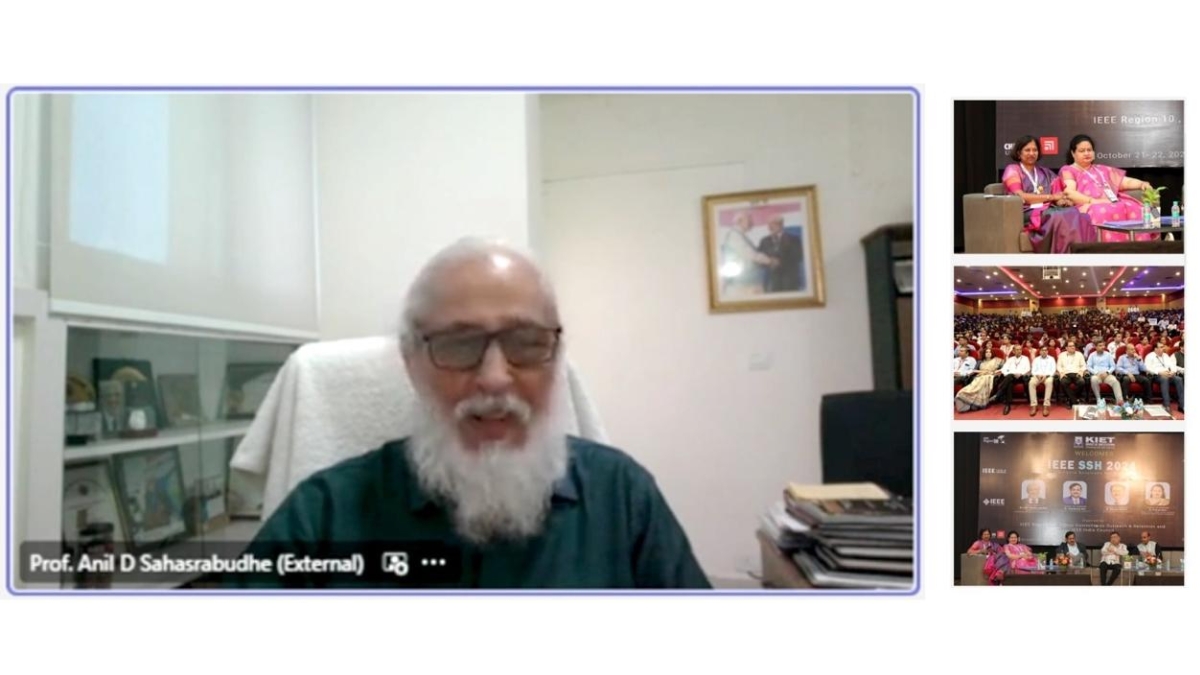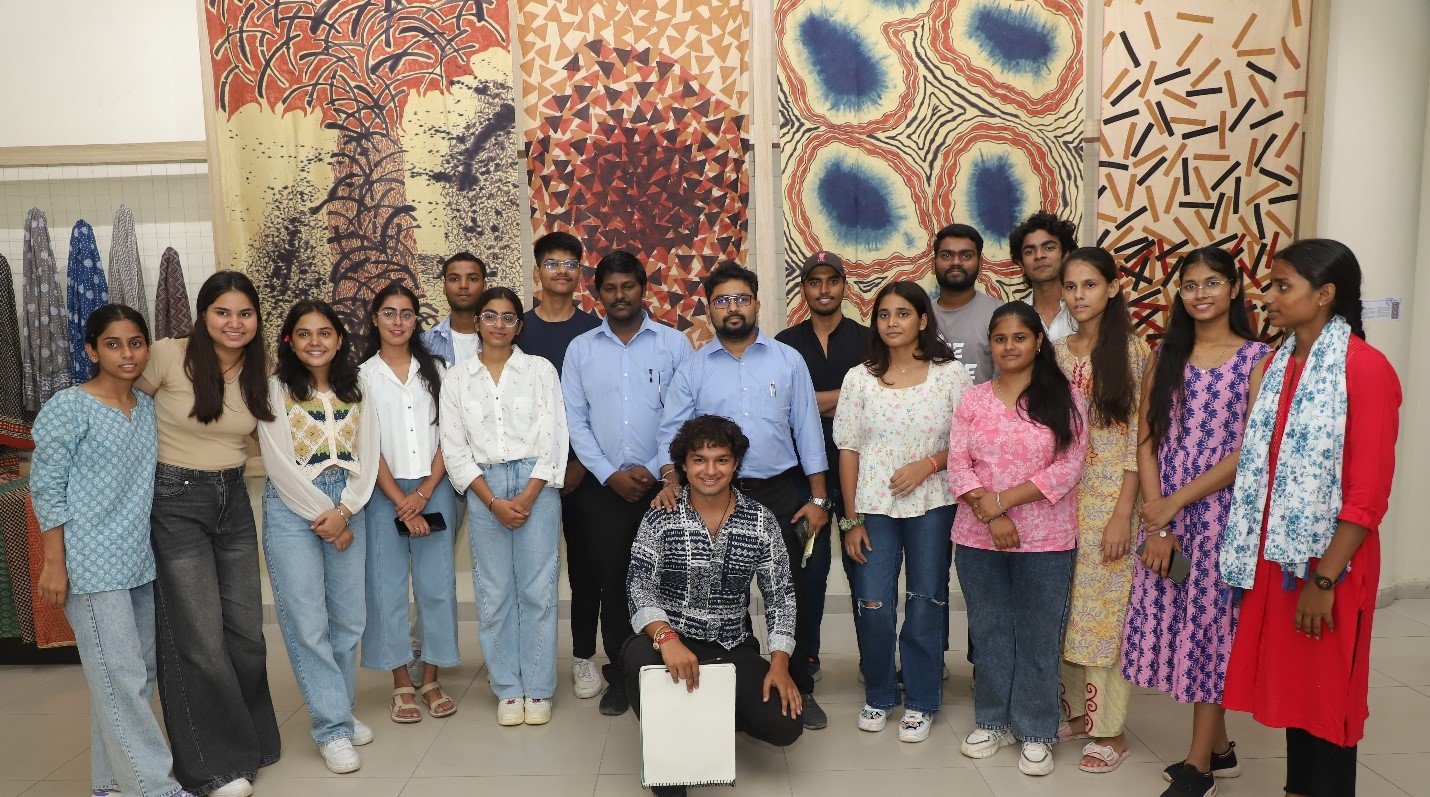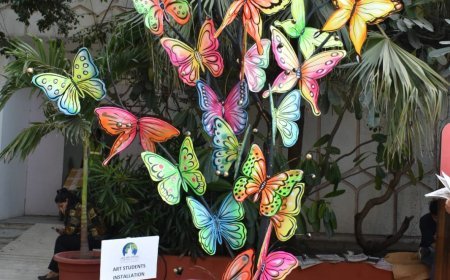Pseudo Ecotourism in the Shadow of the Bengal Tiger
New Delhi (India), May 30: Arnab Basu, is a sustainability consultant, an environmental writer and a wildlife enthusiast. He has more than two decades of experience in advisory work on sustainability, nature-based solution, and environmental law. He did his graduation in Botany from University of Calcutta and post-graduation in Environment Management from Indian Institute […]

New Delhi (India), May 30: Arnab Basu, is a sustainability consultant, an environmental writer and a wildlife enthusiast. He has more than two decades of experience in advisory work on sustainability, nature-based solution, and environmental law. He did his graduation in Botany from University of Calcutta and post-graduation in Environment Management from Indian Institute of Social Welfare & Business Management (IISWBM), Calcutta. He also holds a post graduate diploma in Environmental Law from National Law School of India University (NLSIU), Bangalore. As a wildlife enthusiast he has travelled across more than two-hundred eco-tourism destinations of eight countries in three continents.
His book Pseudo Ecotourism is a memoire themed on sustainability and ecotourism.
Link to the book: Pseudo Ecotourism https://amzn.in/d/ejnYKF6
Let’s delve into author insights.
Q1. What is the main emphasis of your book?
Ans- As a sustainability professional, I would love to call this book as a “book of sustainability”. However, in reality sustainability is not at the forefront of this book, rather it’s situated at the very core, hidden by various layers. These layers are – layers of human relationship, human desire for fame and glory, materialism, commodity fetishism etc. And, perhaps the most prominent layer around the core concept of this book is adventurism in forests and mountains.
Which involves surviving in difficult climatic conditions, challenging terrain, dealing with animal attacks etc. I personally feel, my readers will enjoy swimming through these layers and eventually reach at the very core of this book – which is sustainability. One more thing I would like to clarify here – this book is certainly not a book of wildlife photography.
Although, I started writing this book when I was a hobbyist wildlife photographer and I also used wildlife photography to tell stories. But, at the same time, I have been satirical about wildlife photography. On more than one occasion, my readers will come across such stories, where I have been sarcastic about wildlife photography and used them to create subtle humor in my book.
Pseudo Ecotourism is a narration of various events as I experienced as a nature explorer in the last one decade in four tiger range countries (India, Bangladesh, Nepal and Bhutan) of this subcontinent. At times those were exciting, pleasant, and entertaining, and at other times those were fearful, nerve-wracking, breadth taking and traumatic. The book is to appeal to hobbyist ecotourists/wildlife photographers to shift their obsession from the single species-oriented ecotourism/photography towards an inclusive ecotourism/photography.
Q2. Can you tell us an interesting aspect of your book?
Ans- In this book, I also reflected upon my own as well as some of my close friends’ personal life, while keeping their identity discreet. I have witnessed how the failure and turmoil in profession and relationship, aggravated by demands of materialistic way of living get percolated in the obsession for tigers. This often leads to committing unethical practices in order to shoot and sight the animal. I experienced many such shocking acts of practice. I have also seen how tigers respond to this stress.
Q3. What inspired you to write this book?
Ans- A decade back I started wildlife photography and ecotourism as hobbies primarily with an intention to become the most interesting person in the room. However, as I went deeper in these hobbies and interacted more and more with various other people directly and indirectly related to these hobbies, I started noticing a correlation between these hobbies and my profession of sustainability. That made me realize the need of telling stories to other hobbyist wildlife photographers/ecotourists about this correlation. Hence, this book was conceptualized.
Q4. How did you bring this book to life?
Ans- During my decade long exploration, I interacted with many ecotourists, wildlife photographers, general tourists, nature guides, indigenous people living in remote forests, and ecotour/photography mentors. One such mentor influenced me immensely by a life changing lesson of “lying down to get a different perspective.” That helped me to find a solution to this misguided obsession for tigers.
My academic training and more than two decades of professional experience as an environmentalist helped me in correlating that with the concept of deep ecology and realizing how nature-based solutions can be integrated with ecotourism to prevent it from being the pseudo ecotourism.
Q5. Can you share one key concept from your book?
Ans- In this book I have coined a term “inclusive ecotourism” which is an alternative to replace “pseudo-ecotourism”.
I strongly believe, an ordinary human who takes part in ecotourism or clicks pictures of nature and her rare flora and fauna, despite not being a wildlife expert, helps in dispersing the splendors of nature and wildlife among many other ordinary humans who haven’t yet experienced these. This makes the hobbies of ecotourism and wildlife photography powerful influencers in promoting the concept of nature-based solution. The solution to save the planet, which is hidden within nature herself.
My appeal to me readers through this book is to let such hobbies become inclusive. So that the beneficial impacts are bestowed equally upon all living life forms, not just on one single species.
Therefore, my key message to the world is, let us together embrace an inclusive ecotourism, where every human and non-human life form have equal place and let us discard the pseudo-ecotourism from this beautiful planet, we call home.
Author’s blog: https://aunatural.blog/









